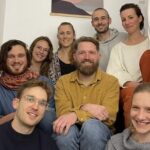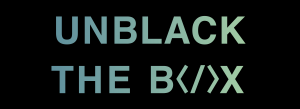At the Sociology Professorship Transformation of Governance in Education and Society, we follow an interdisciplinary and international approach towards governance analyses in modern societies. Currently, our research is primarily concerned with processes of growing datafication, digitization and automation (e.g., AI), as well as with the question how education and society can be critically and socially shaped in a culture of digitality.
At our professorship, you will consequently find different research projects and activities aligned with this broader research interest. These projects and activities hereby focus on different sectors of society (with the main focus on the education system), regional contexts (Germany, the US, Australia, Estonia, etc.), and governance levels (policy, administration, school practice).
Moreover, we are involved in different HSU initiatives that are concerned with current soci-technical developments in society, including the increasing usage of Artificial Intelligence (e.g., HSU-AI; Democratic Resilience Center).
Equally, in different projects we are engaging with participatory and design-oriented research approaches, particularly when working with schools (e.g., in the context of the SMASCH project). We also integrate such approaches into our teaching activities at HSU. Finally, the close relation between research and practice with regard to the critical reflection on digitization also plays a key role in the Unblack the Box network, which was founded by members of the professorship.
From August 2020 to Juli 2025, the professorship is funded through the Heisenberg program of the German Research Foundation (DFG).
If you have any questions or would like to learn more about our projects, please get in touch with us!








